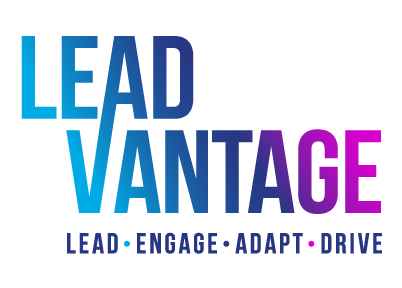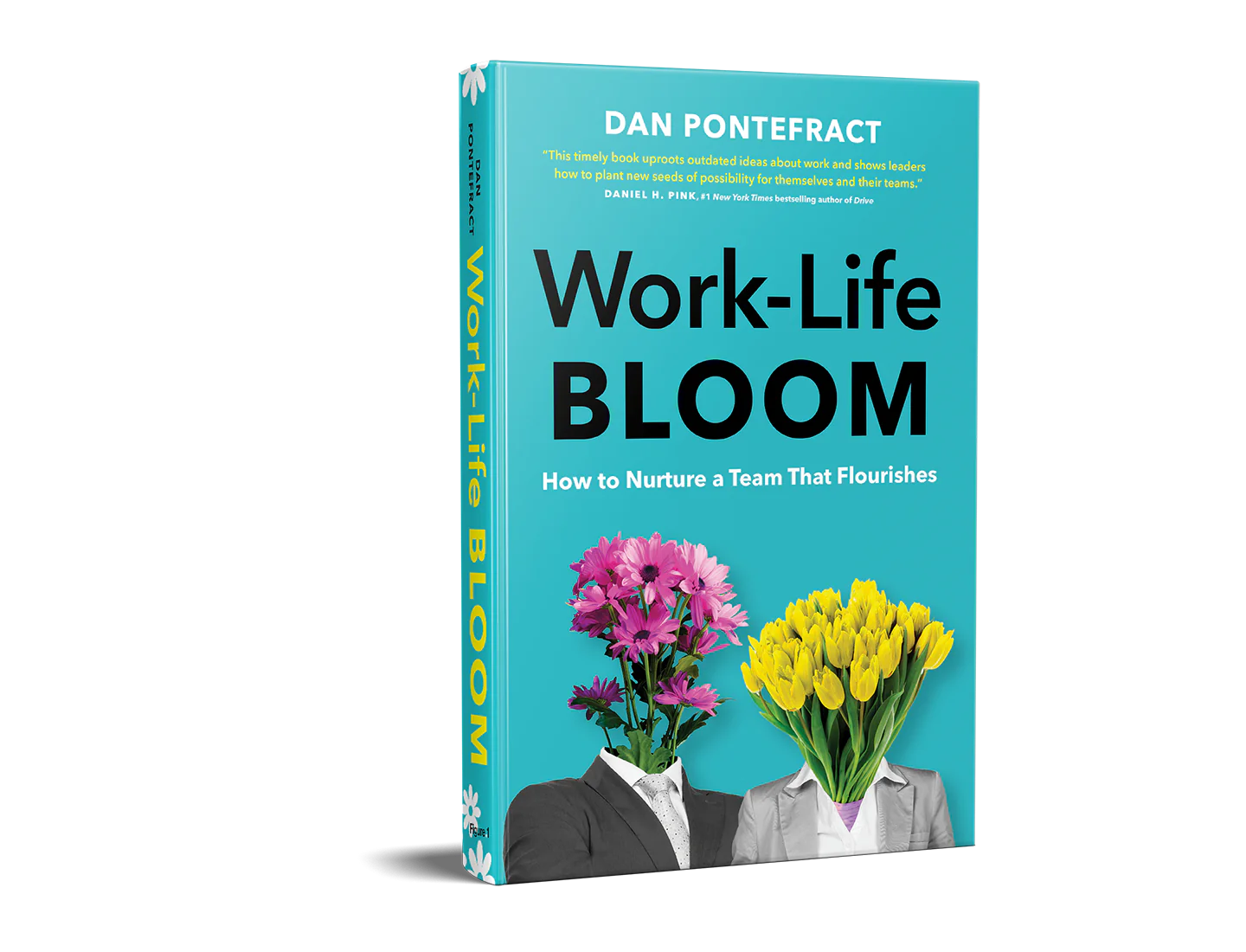“Our lives shape our work; nevertheless, our work shapes us.”
Dan Pontefract delivers a ground-breaking perspective on what it means to thrive professionally and personally. The book challenges the traditional notion of work-life balance, arguing that balance is not a realistic or desirable goal. Instead, Pontefract asserts that leaders must create conditions where their team members can flourish by embracing their unique journeys and transformations. His insightful framework emphasizes that thriving isn’t about perfectly balancing work and life but intentionally cultivating environments where individuals can “bloom” in all aspects of their lives.
The Core Concept: Work-Life Blooming
The metaphor of blooming lies at the heart of Pontefract’s philosophy. People, like plants, require the right combination of care and conditions to thrive. Life isn’t static—it’s an ongoing, dynamic growth, learning, and adaptation process. Leaders, therefore, play a pivotal role in shaping workplace environments that nurture this growth. Pontefract urges leaders to look beyond productivity metrics and focus on fostering holistic success by addressing the deeper needs of their teams. By doing so, leaders enhance individual well-being and drive organizational success.
The Two Sets of Factors
Pontefract’s framework introduces two interdependent sets of factors: Work-Life Factors and Life Factors. These 12 factors are the foundation for creating conditions where people can reach their full potential.
Work-Life Factors: Building Thriving Workplaces
The six work-life factors focus on cultivating a workplace where employees feel connected, empowered, and inspired.
Work-Life Factor 1: Trust
Trust is the cornerstone of effective leadership and organizational health. Pontefract defines trust as demonstrating authentic, consistent behaviour that fosters advocacy among team members. When leaders act with integrity and authenticity, they inspire loyalty and commitment.
Critical Insight: Leaders must consistently align their words with their actions, creating an environment where people can confidently rely on each other. Once established, trust leads to a culture of mutual support and shared accountability.
Work-Life Factor 2: Belonging
A sense of belonging arises when individuals feel understood, represented, and safe within their workplace. Pontefract highlights the importance of creating inclusive environments where diverse perspectives are valued.
Critical Insight: People crave environments where they feel welcomed and appreciated for who they are. Belonging fosters loyalty improves retention, and encourages innovation by ensuring everyone feels they have a voice.
Work-Life Factor 3: Valued
To feel valued is to know that one’s contributions are recognized, appreciated, and fairly compensated. Pontefract stresses the role of consistent recognition and gratitude in building morale.
Critical Insight: Every individual contributes to an organization’s success. Regularly recognizing those contributions reinforces their importance and builds a culture of respect and appreciation.
Work-Life Factor 4: Purpose
Purpose connects an individual’s work to something greater than themselves. It’s about aligning an organization’s intentions with societal betterment while ensuring employees find meaning in their contributions.
Critical Insight: Organizations with a clear purpose attract and retain employees motivated by more than just a paycheck—they want to make a difference.
Work-Life Factor 5: Strategy
A well-communicated strategy provides direction and focus for team members and ensures alignment with organizational goals. Pontefract emphasizes the importance of open communication and collaboration in forming strategies.
Critical Insight: Strategy isn’t just about setting goals—it’s about involving employees in the process, making them feel invested in the organization’s success.
Work-Life Factor 6: Norms
Norms define the cultural guidelines and behavioural expectations within an organization. These operating principles shape how team members interact and collaborate.
Critical Insight: Clear and inclusive norms foster a positive and predictable work environment, minimizing misunderstandings and promoting trust.
Life Factors: Supporting Personal Growth
Six life factors that address the personal aspects of thriving complement the workplace dynamics. Leaders must recognize that individuals bring their whole selves to work, and these factors are equally vital to success.
Life Factor 1: Relationship
Relationships encompass the network of personal and professional connections that provide support and guidance. Pontefract advocates for creating environments that encourage meaningful interactions.
Critical Insight: Strong relationships help individuals navigate challenges and opportunities, making them more resilient and resourceful.
Life Factor 2: Skills
Skill development is a lifelong process that enables individuals to adapt and excel in a rapidly changing world. Pontefract emphasizes the need to focus on growth beyond traditional career ladders.
Critical Insight: Leaders should encourage continuous learning and development to empower their teams to stay agile and innovative.
Life Factor 3: Well-Being
Well-being encompasses physical, emotional, social, and financial health. Pontefract argues that leaders must prioritize conversations about well-being and ensure that employees feel supported in all aspects of life.
Critical Insight: Thriving at work is impossible without personal well-being. Leaders must create a culture where health and wellness are prioritized.
Life Factor 4: Meaning
Meaning involves an individual’s sense of self-worth and aligning daily activities with values. Pontefract stresses the importance of helping employees find meaning in their work.
Critical Insight: When leaders actively engage employees in discussions about their values and goals, they empower them to find purpose and fulfillment.
Life Factor 5: Agency
Agency is the empowerment to make decisions and take actions that lead to positive outcomes. Pontefract highlights the importance of autonomy in building confidence.
Critical Insight: Empowering employees with decision-making authority fosters a sense of ownership and accountability.
Life Factor 6: Respect
Respect is about treating individuals with dignity and admiration, regardless of their role. Pontefract emphasizes that respect must be visible and consistent to build trust and satisfaction.
Critical Insight: When employees feel respected, they are more engaged, loyal, and productive.
Work-Life Bloom is a compelling blueprint for modern leadership. Dan Pontefract challenges outdated notions of work-life balance and redefines success as a dynamic process of growth and flourishing. By addressing work-life and life factors, leaders can create environments where individuals thrive personally and professionally. This book is essential reading for leaders who want to build meaningful, impactful, and sustainable workplace cultures.

At Lead Vantage, we empower teams to achieve ‘Work Life Bloom’ by fostering trust, purpose, and belonging while enhancing well-being and growth. Our tailored programs align with your strategic objectives, drive high engagement, and strengthen workplace culture, creating an environment where individuals thrive personally and professionally, fueling organizational success. Visit our website to learn more about our programs!



